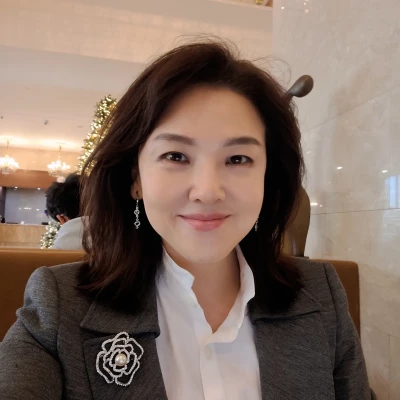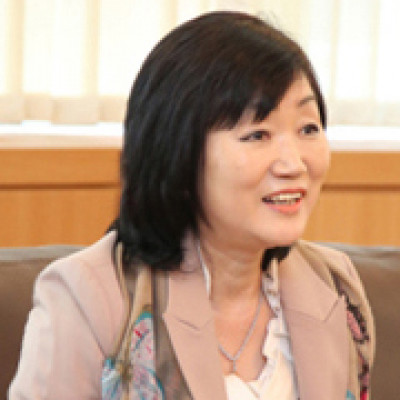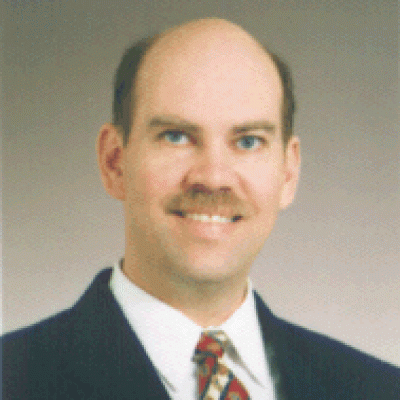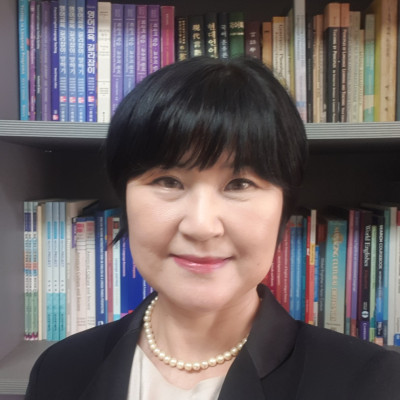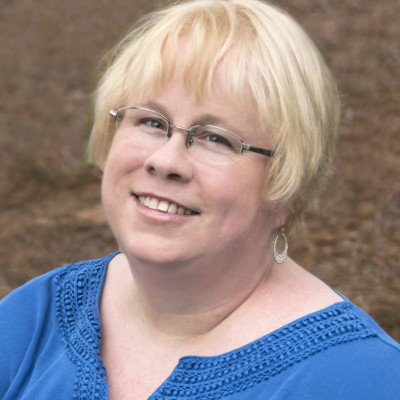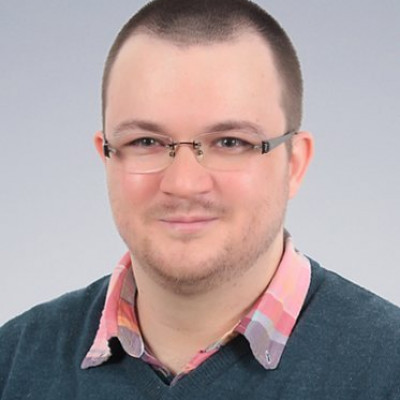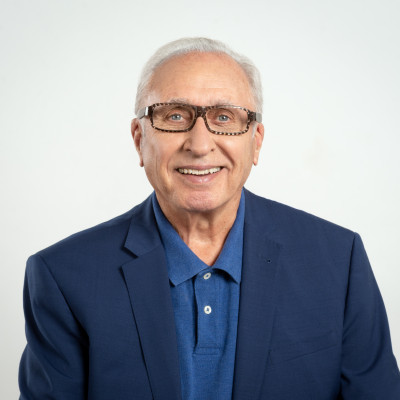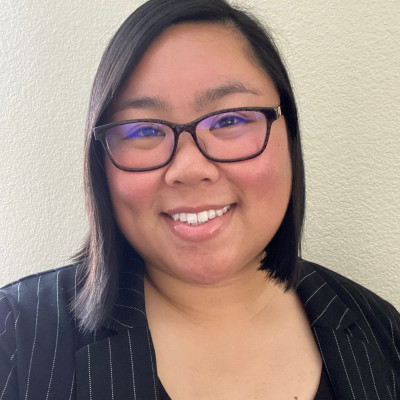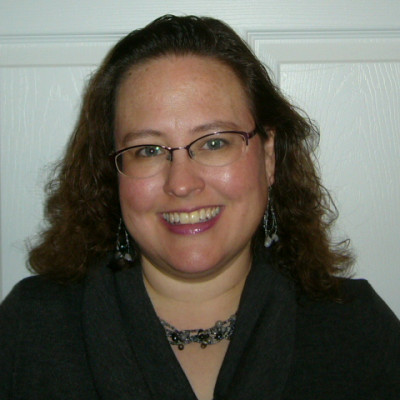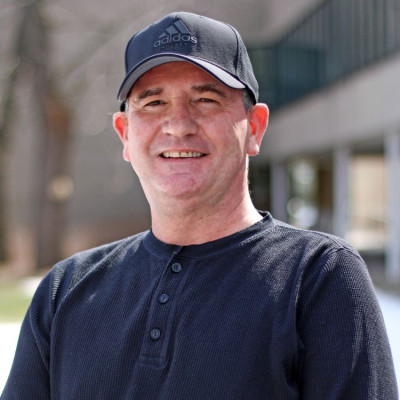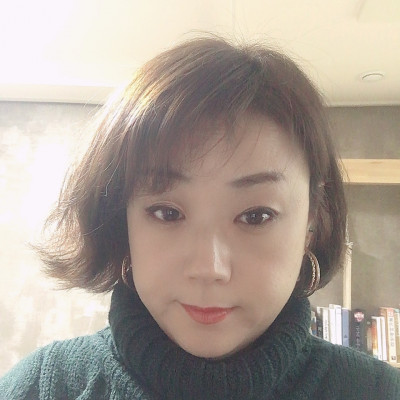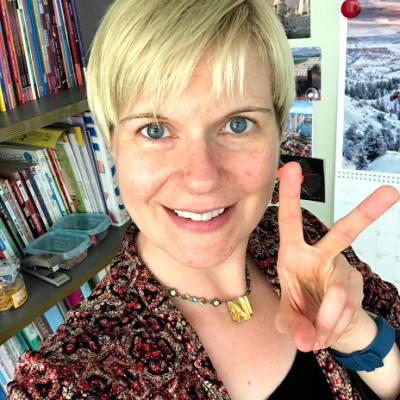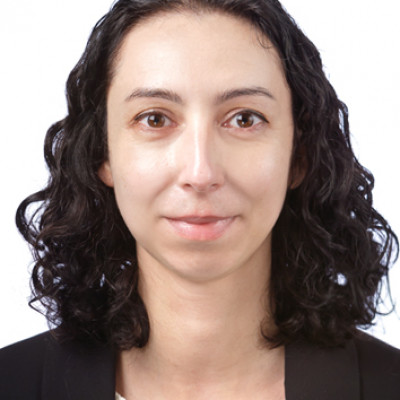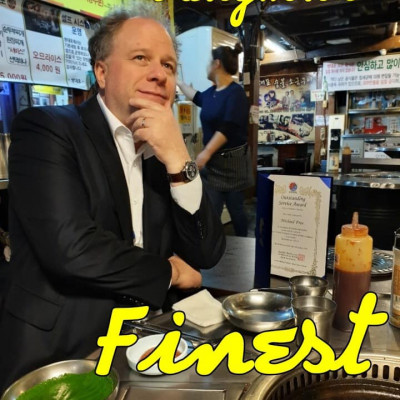Sessions / Location Name: P204
Physical Location
Location: P204
Building: Prime < Sookmyung Women's University, Seoul
Collaborating in the Context of Korean EFL #3359
Featured Session
Collaborating has been strongly emphasized as a key concept to nurturing world citizenship among Korean EFL learners in school education since 2015 when the education policy was newly modified. This can be seen as a meaningful shift from EFL's conventional role in the past, which mainly focused on promoting learners of different levels to communicate actively. This study examines how the concept of collaboration is implemented in class activities, by teachers and by learners as well, to widen their horizons to become world citizens in the true sense.
Technology-Enhanced Collaboration: Possibilities and Challenges in Language Teaching and Learning #3362
Featured Session
Over the years, language teachers have tried to design diverse and innovative collaborative language learning activities around readily available technology in the hopes that it will make language learning more meaningful, fun, and efficient. Nevertheless, technology is known to facilitate and sometimes hinder various forms of collaboration among language learners in face-to-face, blended, and online learning contexts due to several technical and non-technical reasons. Moreover, language learners’ lack of knowledge and skills to work collaboratively with others often leads to “unsuccessful” collaboration. This presentation explores some of the opportunities and challenges of employing technology-enhanced collaboration and emphasizes the importance of introducing language learners to the basic principles of collaborative learning that are often taken for granted. Several examples of collaborative face-to-face and online language learning activities are used to illustrate the intricacies of collaborative language learning design and highlight some lessons learned from the language classrooms.
KOTESOL @ 30! #3834
Special Guest Panel
Update: This session has been moved to room 204.
This year’s spring conference is the 30th international conference that is being held by Korea TESOL. It is also the 30th anniversary of KOTESOL as an organization (1993–2023). In recognition of this dual celebration, this panel will reflect back over the past 30 years to evaluate how well KOTESOL has served the ELT community as well as look forward to project what directions KOTESOL should take and what changes KOTESOL should make to best serve our ever-changing and increasingly rapidly changing ELT community. Our panelists consists of long-term KOTESOL members with distinguished leadership experience and institutional knowledge, including as national president and international conference chair.
English as an International Language: What It Is and What It Isn't #3357
Invited Second Session
The spread of English as an international language has challenged traditional understandings of what English is and what the goals of learning and teaching English are. Concepts such as “native English speaker,” “second language learner,” “ESL,” “EFL,” and “communicative competence” have had to be revised as a result of the emergence of English as a global lingua franca. The term “English as an international language” is one of several that have gained prominence as the TESOL profession seeks to adapt to the realities of the spread of English beyond its traditional territories. In this presentation, the nature of English as an international language will be reviewed and the implications it raises for the teaching of English.
Flipping for the Future: Revamping the Post-Pandemic Classroom with Flipped Learning #3551
Transforming the teacher’s role from “sage on the stage” to “guide on the side” (King, 1993), a flipped curriculum is not merely an online course, self-paced assignments, or collection of self-study materials, but rather a carefully crafted curriculum that shifts the bulk of content and assignments on the lower levels of Bloom’s Taxonomy outside of the classroom, and focuses in-class time on reaching higher levels of thinking with the guidance and support of the teacher. Compared with traditional classrooms, a flipped approach creates more opportunities for student engagement, increases student autonomy and motivation (Campillo-Ferrer & Miralles-Martínez, 2021), and allows for further student collaboration. In this workshop, participants will be guided through flipping using three easy-to-remember principals. Participants are encouraged to bring their own lesson plans to personalize their workshop experience, and will leave prepared to further enhance students’ learning experiences and help maximize classroom time.
Laying the Foundation for Classroom Collaboration #3366
Featured Session
Research on second language acquisition highlights the critical role of interaction for language learning, and current teaching methods encourage teachers to employ collaborative learning approaches utilizing pair and group activities. Still, classroom teachers often struggle to engage learners in activities that require collaboration with their classmates for successful completion. Learners may not feel comfortable interacting with others, not know how to interact collaboratively, nor have the language to do so. This session outlines the conditions that support collaboration between learners when participating in communicative and task-based language learning. These conditions include having a sense of class community, the establishment of interactional norms, learners’ facility with interactional language, and the design of tasks that require the collaborative involvement of all learners. Participants will leave this session with practical guidance for establishing these necessary conditions in their own classrooms to enhance the level of learner-to-learner collaboration.
Guiding Students to Constructing Better Arguments #3723
Many EFL university students face not only challenges with English academic language but also the expectations of Western academic rhetoric. In this workshop, we'll discuss how to tailor popular argumentation models to student learners and guide them in developing critical arguments. The workshop will focus on example lesson materials and online resources for Aristotelian, Toulmin and Rogerian arguments, with some reference to other popular argumentation options as well. As many at this conference cater to a Korean audience, the presentation will also briefly touch on academic research in differences between Korean and Western rhetorical styles. While this workshop may focus more on written essays, there will be some room for discussion in spoken rhetoric (debates, presentations, etc.) as well.
Jack C. Richards and Thomas S.C. Farrell in Conversation #3355
Special Invited Session
With two leading TESOL teacher educators presenting at this year’s KOTESOL conference, it seemed like an excellent opportunity to invite Professors Richards and Farrell to reflect on some of the issues they have explored over the years in their teaching, research, and writing. This session will take the form of an informal question and answer exchange between Jack and Tom as they discuss their understanding of some of the changes that the field of English language teaching has experienced over the years as well as some of the factors that are influencing current directions in both language teaching and teacher education in TESOL.
Collaborative Teaching and Learning in TEFL #3368
Featured Session
Collaboration, in any shape or form, is valuable in all contexts, including educational settings. As there are increasing demands for teachers and students to keep up with advancements in technology as well as constant changes in educational policies, collaboration seems all the more essential. Furthermore, the traditional concept of collaboration as merely working together has now been extended to strategic collaboration such as that used in cohort-based learning. It is, then, crucial to identify and discuss the types of collaboration that we can find in the English classroom focusing on what has been done and what possibilities we can consider in the Korean EFL context. As such, this presentation will focus on the various types of collaboration that form an intricate network of sharing and cooperating in the English classroom, starting with the perspective of teaching-as-coaching as a way to describe how teachers and students should work together in the classroom. Also, by means of action research in collaboration with teachers and researchers, I will discuss how professional development that is more aligned with the needs of the teachers can be provided. Finally, I will provide some examples of how teachers and students can collaborate with machine translation to enhance foreign language learning in the Korean EFL classroom.
KOTESOL 2023 Closing Ceremony + *Raffle* #3833
Please join us for a brief closing ceremony. We'll also be holding a raffle with some neat giveaways!
